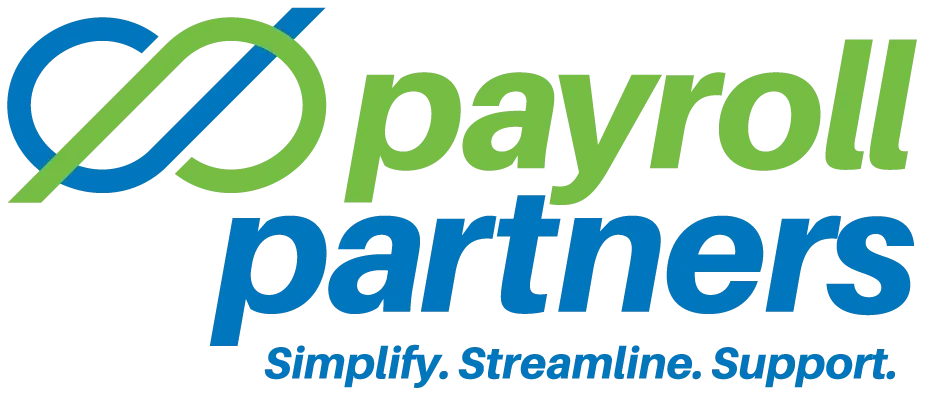In most offices, someone from HR hangs the relevant Labor Department posters in the company breakroom and that’s that. But in this new remote world, what are the requirements? Send the posters to each employee and tell them they have to hang them in their kitchens? Actually, that’s not necessary, but the DOL has published some guidance for companies that are partially or entirely remote.
Consider your situation
If a statute and its regulations require a notice to be continuously posted at a worksite, in most cases, the DOL will only consider electronically posting an acceptable substitute for the continuous posting requirement when (1) all of the employer’s employees exclusively work remotely, (2) all employees customarily receive information from the employer via electronic means and (3) all employees have readily available access to the electronic posting at all times.
Where an employer has some employees on-site and other employees teleworking full time, for example, the DOL says the employer may supplement a hard-copy posting requirement with an electronic posting.
Also, where particular statutes and regulations permit delivery of notices to individual employees, the notice requirements may be met via email delivery (or another similar method of electronic delivery) only if the employee customarily receives information from the employer electronically.
Obey the spirit of the law
The DOL warns employers against using an electronic interface to effectively hide key posters. “The electronic notice must be as effective as a hard-copy posting …. Posting on an unknown or little-known electronic location has the effect of hiding the notice, similar to posting a hard-copy notice in an inconspicuous place, such as a custodial closet or little-visited basement.”
What is clear from the language is that the DOL expects a robust and comprehensive system for electronic communications for remote workers. Of course, this should be essential for a wide variety of business processes.
Finally, businesses should check for any state and local requirements.
The full text of the DOL guidance is available on the DOL’s website.
Original content by © IndustryNewsletters. All Rights Reserved. This information is provided with the understanding that Payroll Partners is not rendering legal, human resources, or other professional advice or service. Professional advice on specific issues should be sought from a lawyer, HR consultant or other professional.

